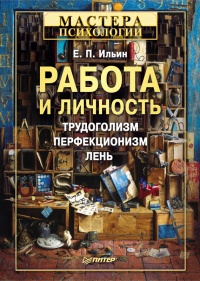Книга Психология творчества, креативности, одаренности - Евгений Ильин
Читать книгу Психология творчества, креативности, одаренности - Евгений Ильин полностью.
Шрифт:
-
+
Интервал:
-
+
Закладка:
Сделать
Перейти на страницу:
Перейти на страницу:
Книги схожие с книгой «Психология творчества, креативности, одаренности - Евгений Ильин» от автора - Евгений Ильин:
Комментарии и отзывы (0) к книге "Психология творчества, креативности, одаренности - Евгений Ильин"








